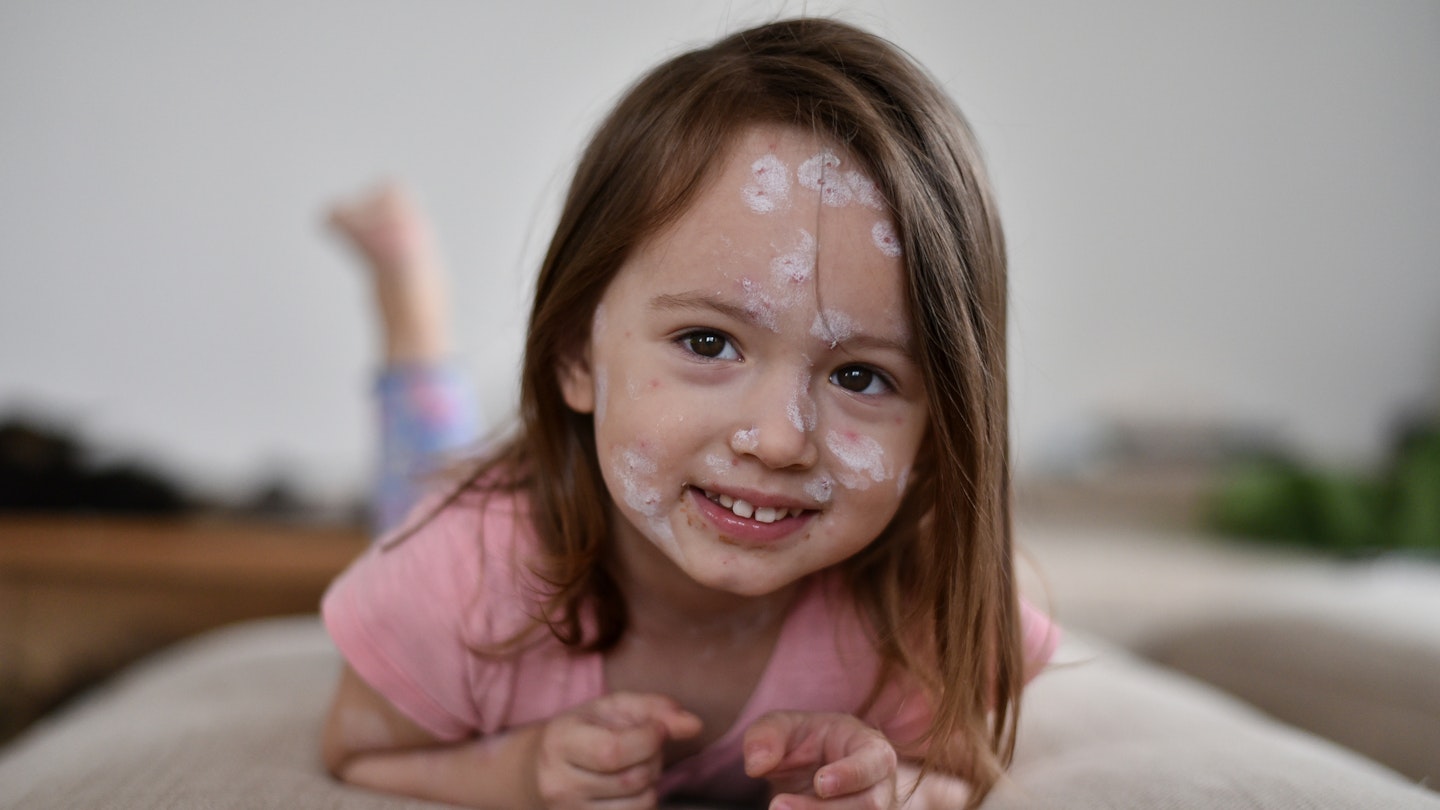A group of vaccination experts have recommended the chickenpox vaccine should be given to all toddlers.
The Joint Committee on Vaccination and Immunisation (JCVI) has suggested all children be offered the job at 12 months old and 18 months old.
They also recommended that there is a catch-up programme for older children who didn't get the jab.
While - as all parents know - there's an extensive programme of vaccinations for children, including for MMR and meningitis - the chickenpox vaccine is not currently offered on the NHS.
How much is the chickenpox vaccine?
At the moment parents can choose whether to give their child the vaccine, which is offered at a number of private providers like High Street store Boots, but it can cost between £130 and £200.
The recommendations will now be passed to the Department of Health and Social Care, who will decide the next steps. The JCVI is an independent expert advisory committee that advises United Kingdom health departments on immunisation, making recommendations concerning vaccination schedules and vaccine safety. It has a statutory role in England and Wales, and health departments in Scotland and Northern Ireland may choose to accept its advice.
Why do the JCVI think the chickenpox vaccine should be given on the NHS?
Dr Gayatri Amirthalingam from the UK Health Security Agency told the BBC: 'Introducing a vaccine against chickenpox would prevent most children getting what can be quite a nasty illness - and for those who would experience more severe symptoms, it could be a life saver.
'The JCVI's recommendations will help make chickenpox a problem of the past and bring the UK into line with a number of other countries that have well-established programmes.'
Other countries, such as the US and Australia, have had chickenpoxvaccine rollouts, but there were previously concerns from the NHS as to whether vaccinating children could use increased cases of chicken pox and shingles in adulthood, which can be more severe.
But Professor Sir Andrew Pollard told the Mirror this thinking has now changed and that while chickenpox can be a mild illness for many, 'for some babies, young children and even adults, chickenpox or its complications can be very serious, resulting in hospitalisation and even death. Adding the varicella vaccine to the childhood immunisation programme will dramatically reduce the number of chickenpox cases in the community, leading to far fewer of those tragic, more serious cases.'
He added: 'We now have decades of evidence from the US and other countries showing that introducing this programme is safe, effective and will have a really positive impact on the health of young children.'
Who can get the chickenpox vaccine on the NHS?
There is already a system in place where the NHS gives the chickenpox vaccine. It is given out to people who are close to those who have vulnerable health conditions.
TheNHS website says: 'Chickenpox vaccinations are provided free on the NHS where there's a clinical need, such as for healthy people who are not immune to chickenpox and are in close contact with someone who has a weakened immune system. This is to reduce the risk of the person with a weakened immune system catching chickenpox and then developing serious chickenpox complications.
'Examples of children who'd probably be eligible for a chickenpox vaccine on the NHS include the brothers and sisters of a child with leukaemia, or a child whose parent is having chemotherapy.
'You cannot get the chickenpox vaccine free on the NHS if you simply want to prevent your child catching chickenpox and there are no other associated health risks.'
